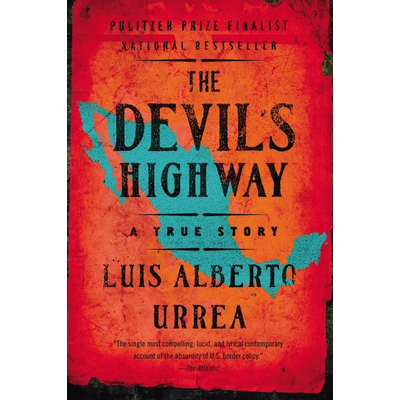
Reyna Montoya
(Gilbert, 2020)
CEO and Founder
Aliento
1. Can you please describe your work and how public policy impacts how you manage your organization?
Public policy impacts real human beings. As the founder and CEO of Aliento, a nonprofit that envisions a world where we nurture human potential regardless of immigration status, every decision that is made around public policy impacts youth and immigrant families. At Aliento, we transform trauma into hope and action with Dreamers and mixed-status families because we believe in their potential. We work in the intersection of education, mental health, and the arts. We invest in the leadership of those most impacted through a truth-and-reconciliation lens that is rooted in systems change, equity, and humanity.
In 2018, we launched Arizona’s Future Fellowship. We select high-school and college students to participate in a 10-month fellowship where they build community and learn about policies that impact them. We are in our fifth cohort of Fellows building community within their schools and creating awareness of the systemic barriers Dreamers face when wanting to pursue a higher education.
For years, our students educated the members of the legislature, which led to a bipartisan legislative referral to the 2022 general-election ballot, where now Arizona voters have a historic opportunity to increase educational attainment for all Arizona high-school graduates. This November, Arizona voters will have an opportunity to vote on Prop. 308 because the students we work with daily had the courage to engage in public policy and build bridges instead of adding to the anger of our current political environment. This is one of many examples on how our youth are not only our future but our present. I am a firm believer that to have a civically engaged population, we must educate our youth about the process and plant seeds of hope in moments of despair. I hope this November our youth can count on you to learn more about Prop. 308.
2. Do you have a favorite quote that is meaningful to you?
“My humanity is bound up in yours, for we can only be human together” —Desmond Tutu. I truly believe it in my bones that regardless of the different walks of life we take or different perspectives we hold, we are all human. In life, I try my best to be grounded in the reality that every person is a human being and I must respect their dignity as we are interconnected individuals.

3. Is there a book you would recommend to the Fellows?
The Devil’s Highway by Luis Alberto Urrea. The book’s setting is in Arizona and provides a more contemporary examination of policy. It provides a well-rounded overview on immigration and how it impacts the humanity of immigrants and Border-Patrol agents.
4. How has the Fellows Network been useful to you?
The Fellows Network has been super useful. I have had the opportunity to connect with people within my cohort and other cohorts. Through the network I have had the opportunity to grab a cup of coffee and share about policy interests, to make connections with students I work with to meet a fellow fellow as they serve in the legislature, to being able to pick up the phone and strategize on current projects that I am working with. I also have done my best to reciprocate the generosity to my fellow fellows 🙂
5. What do you see as potential opportunities strengthening civic health in Arizona?
There are a lot of opportunities to strengthen civic health in Arizona. There is a great opportunity to invest in the civic education and participation of Arizonans beyond elections. A lot of our public is very misinformed on how we enact laws in our state and what elected officials or government agencies are in charge of specific items that impact their daily lives. From how schools get funded, to our water policies that impact the way we plan for the future, to the significant ramifications for our collective future if we do not address the chronic mental-health crisis that our youth face, where Arizona’s second leading cause of death is suicide among our youth.
Knowing this information can be a little daunting, yet it can also provide a great sense of empowerment as we can build bridges to ensure Arizonans feel able to participate in their communities. Until we start doing a better job of bringing people together, we will continue to suffer from the lack of empathy and care we often witness in the political process. I also think we can start from the places where we already see overwhelming support from the public. Movements like Proposition 308 give me hope, illustrating that smart and thoughtful policy has a chance.
If you missed a Fellows Spotlight, you can view them on the Arizona Center for Civic Leadership website now.